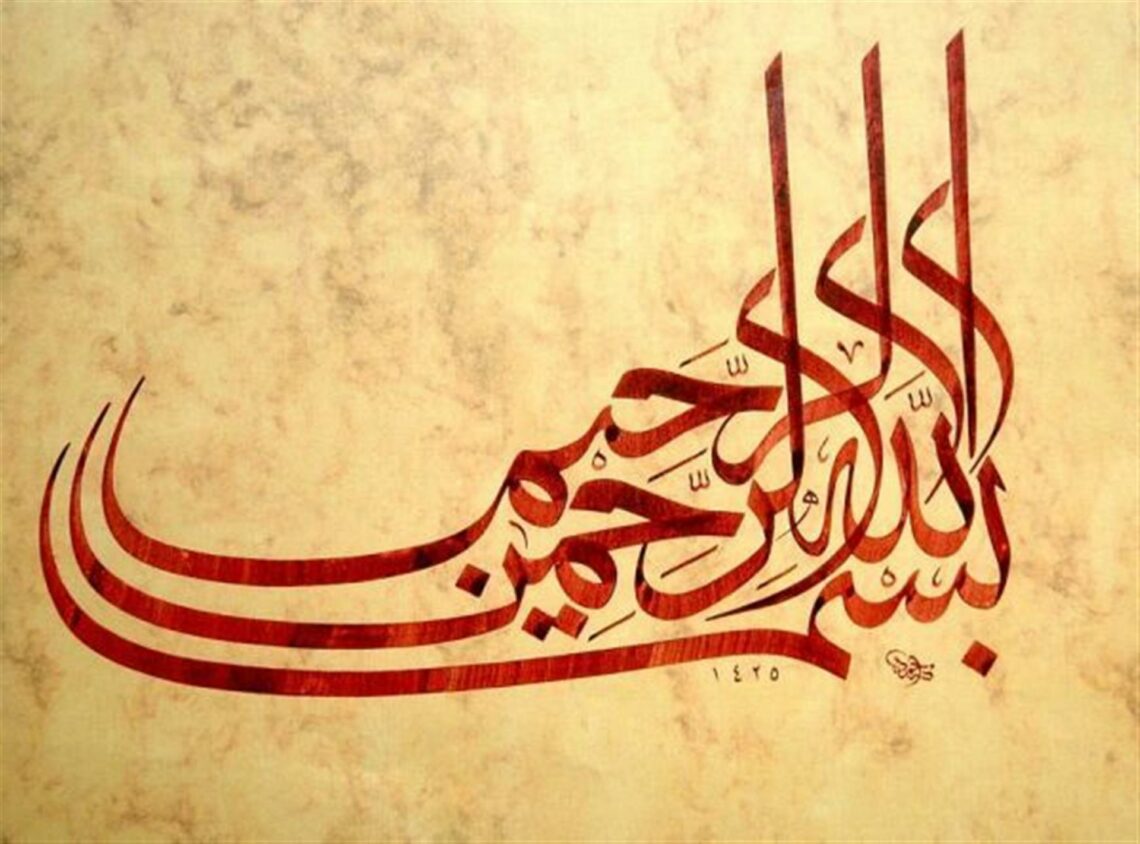
written by: Daniel Haqiqatjou (Guest Contributor from MuslimSkeptic.com)
My dad has always been a very handy person and loves to take on home projects mashaAllah. When I was young, he would try to get me to help him and I never really enjoyed it but I still ended up learning a lot.
One of the things he taught me early on is that when you start a project, you have to make sure you are working on a clean, solid site. For example, if you want to re-paint the side of your house, you first have to clean off any old paint, take off any rotting wood, etc. Only after all that prep work is done can you actually start painting. You can always just forget the prep work and put new paint on top of the old stuff, but within a short period of time, the new paint will start to crack and peel and things will be even worse than before.
The same principle applies to pouring concrete or installing a new deck. The first step is crucial: disassemble, deconstruct, and, if needed, destroy the old structure and remove the debris and once the site is clear and level, then you can rebuild something that is solid and will last. It would be counterproductive and quite silly to try to build something on the shaky remains of the previous structure because the final product, no matter how well-built it otherwise is, will likely be just as shaky and prone to collapse and dilapidation as the original. Also if you are trying to build on the remains of the original structure, you will have to make adjustments and compensations to accommodate what you are building on. Rather than build something according to your own preferences and needs, you now have to build something which suits and takes into account what you are building on top of.
All this is just a metaphor for a situation our contemporary ulama have to deal with in the course of their scholarly work in light of modern issues. In this metaphor, the old paint or the old dilapidated structure is modernism and its concomitant -isms: liberalism, scientism, feminism, secularism, etc. This is the stuff that needs to be dismantled and thoroughly cleaned out because if a scholar builds on this, even if what he builds is of the highest quality and the most sound erudition, the end result is still going to be lopsided, shaky, and liable to collapse. But if the rot is scraped off and discarded, leaving a pristine, level work site, that is when the alim can build a true and lasting masterpiece bi idhnillah.
This is why we see so much tawfiq from our scholarly predecessors. They were building on solid ground. They were building on top of the solid scholarship of those before them, all of which was built on the unshakable foundation of revelation and the Prophet’s sunna ﷺ. And that is how they were able to create this unmatched monument of intellectual and spiritual achievement that is the Islamic sacred sciences.
But at the dawn of the modern period, as the Muslims lost political power and European modernist philosophy increasingly became the dominant mode of thought around the world and in Muslim societies as well, that’s when some of the discourse and some of the scholarship became reactive. All of a sudden, scholars are having to respond to these -isms and/or write their opinions in light of them, whether due to social pressure or political pressure or even outright coercion by colonizers and other agents of Western hegemony. And of course this — knowingly or unknowingly — affected the content of that scholarship. In effect, some of that scholarship ended up being built on rot.
We need to clean out the rot. We need to deconstruct and dismantle it and discard the rubbish. Then we can resume building with confidence and on our own terms, once again showing the world that nothing can match the magnificence and awe-inspiring splendor of this deen.
Daniel Haqiqatjou
